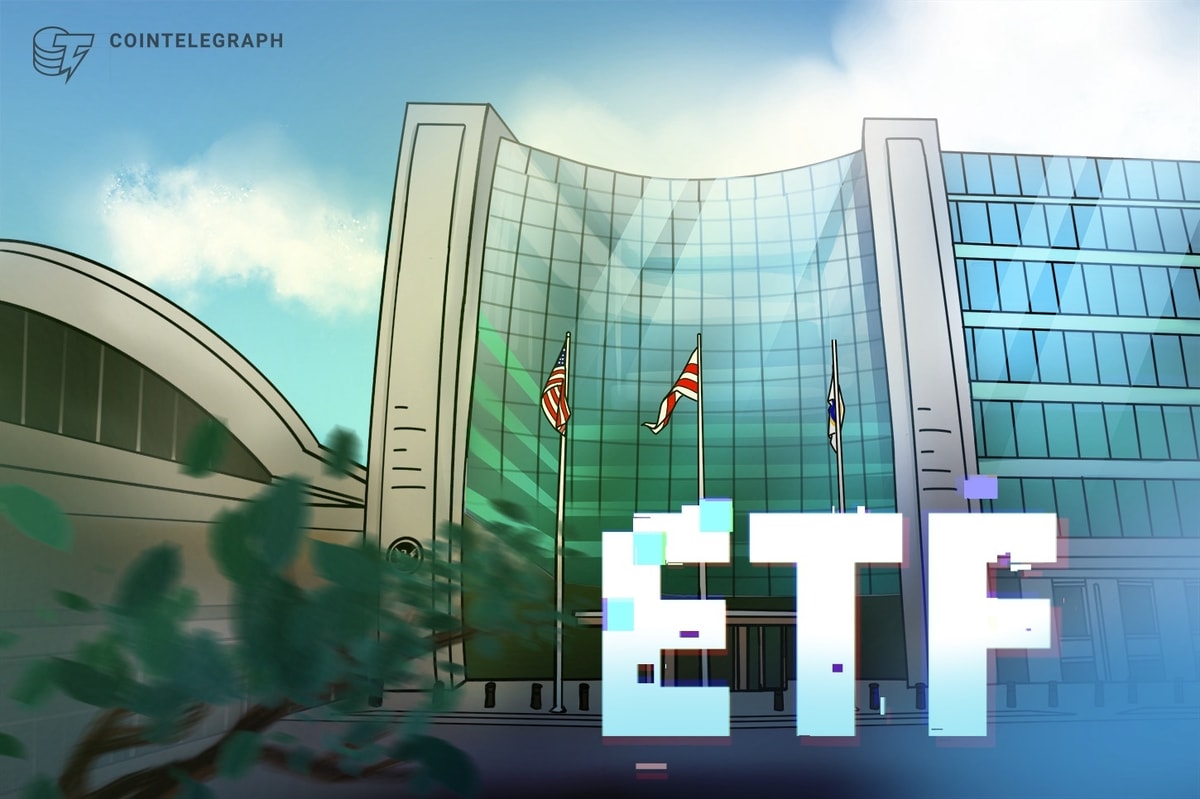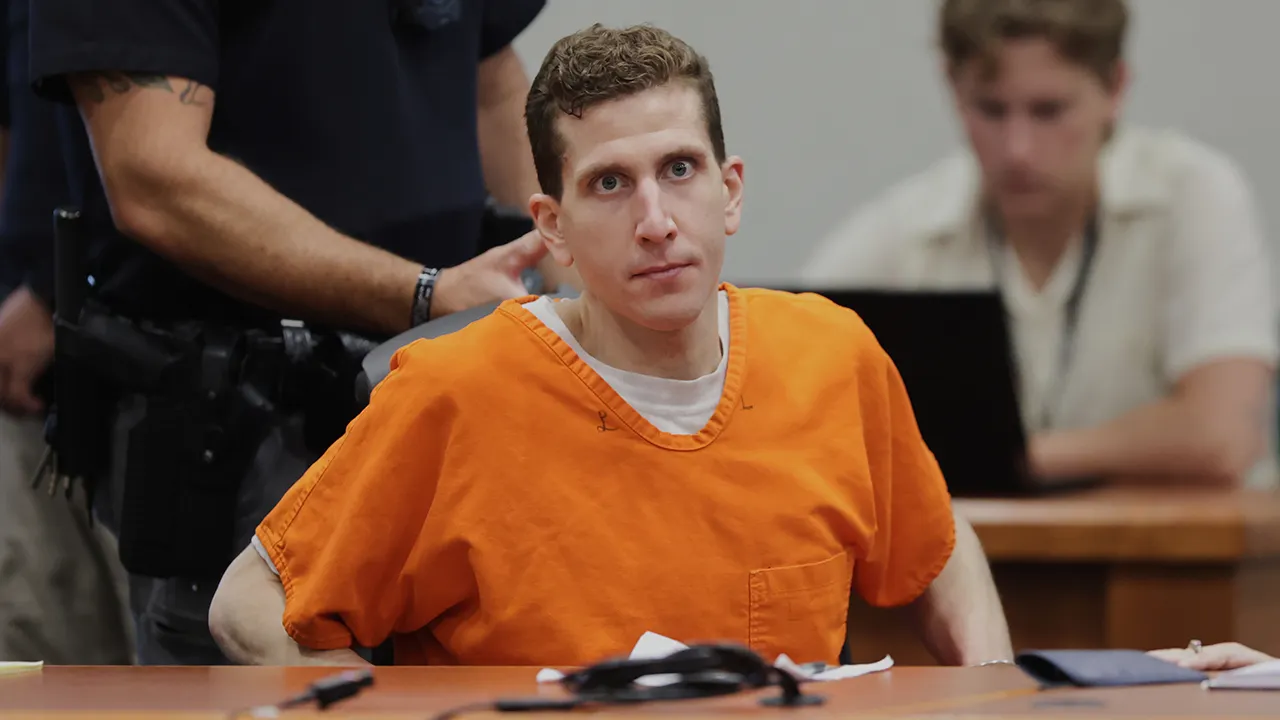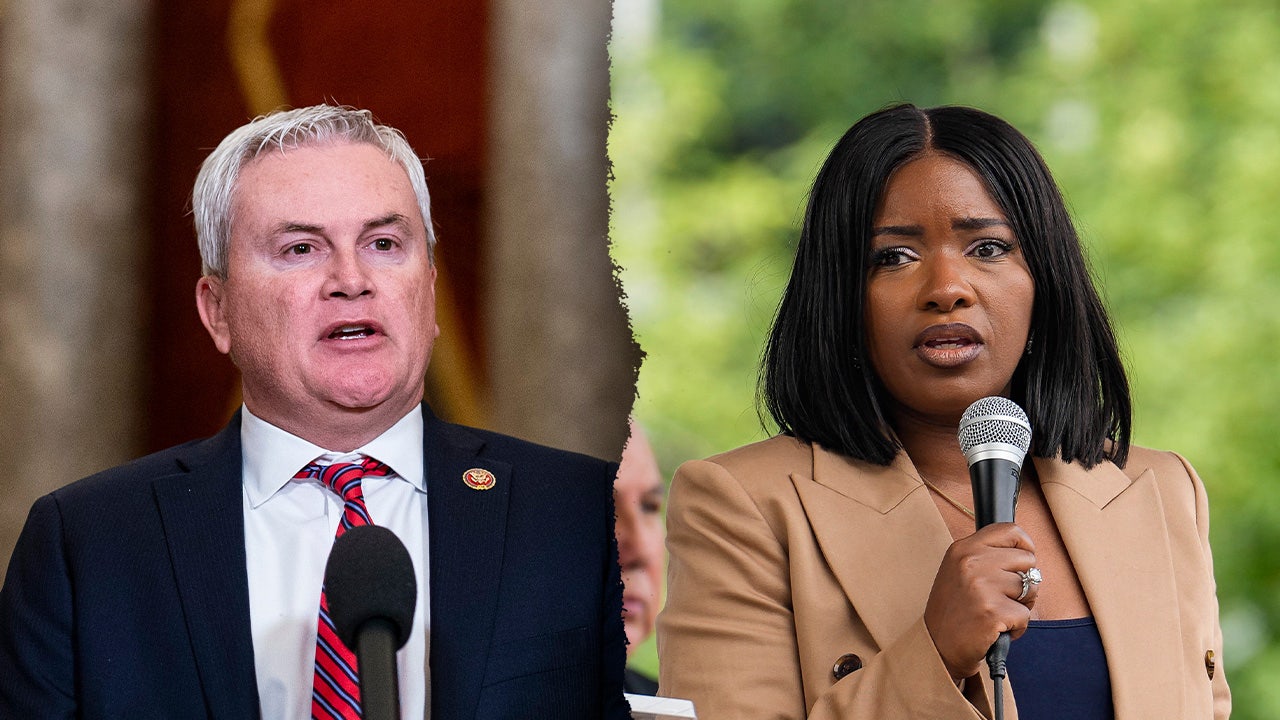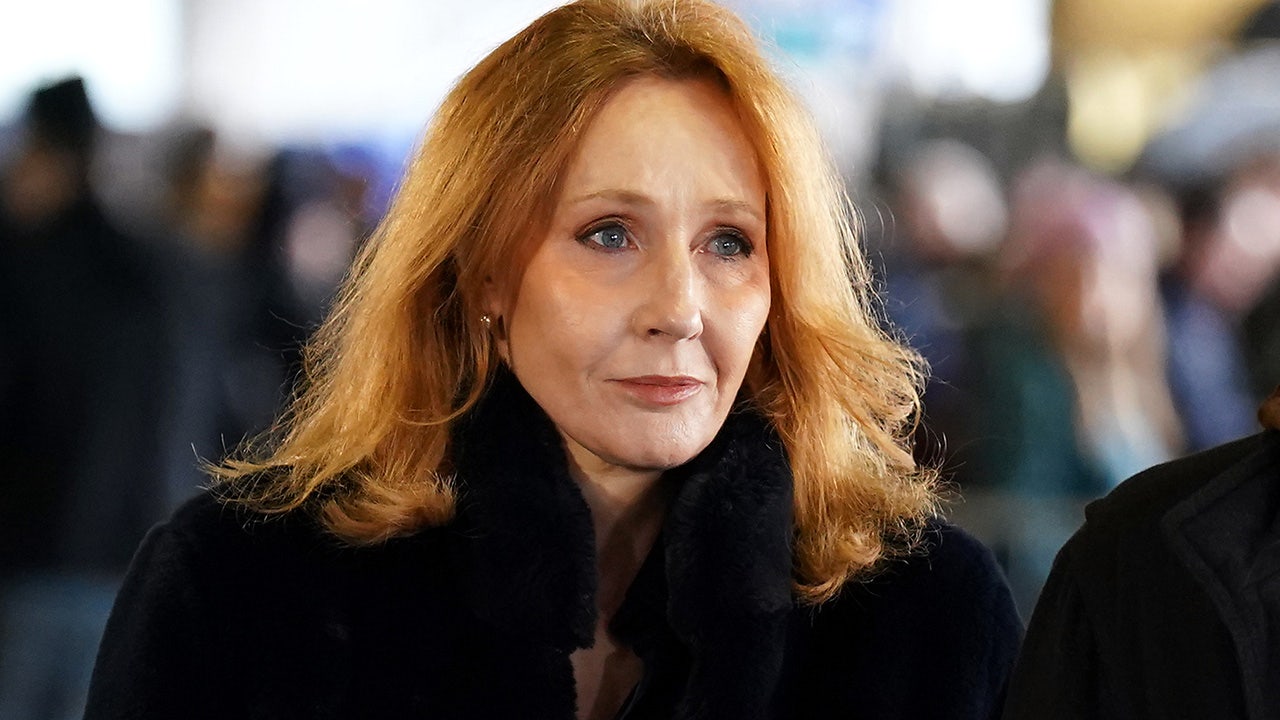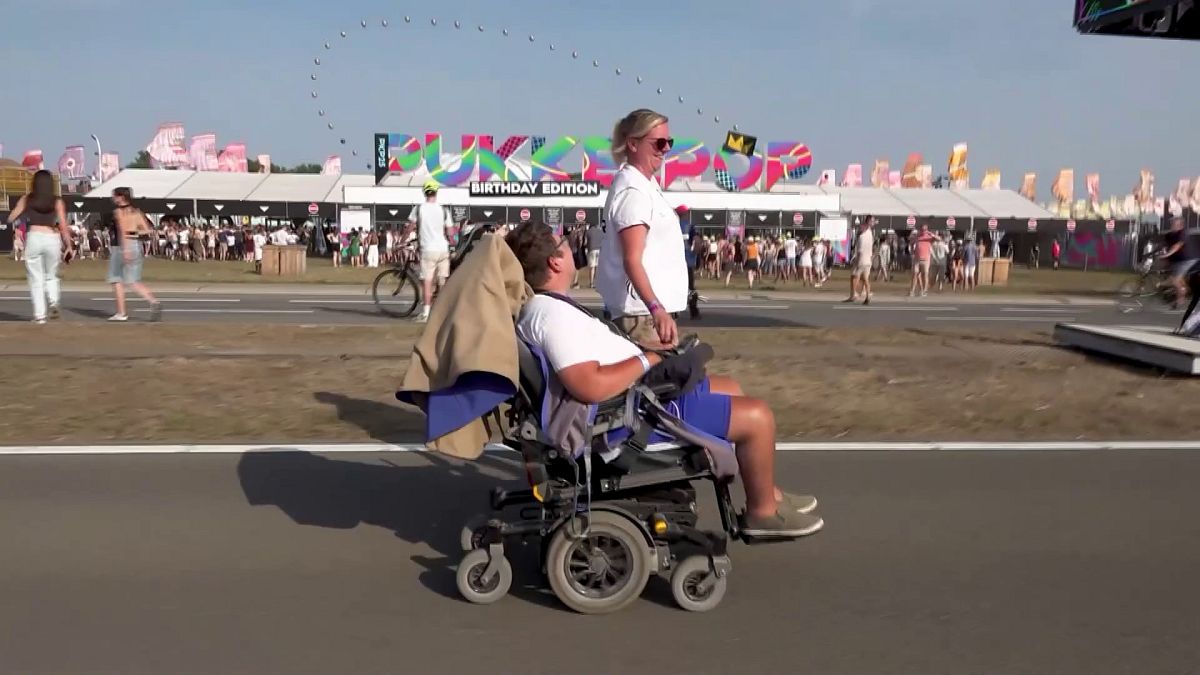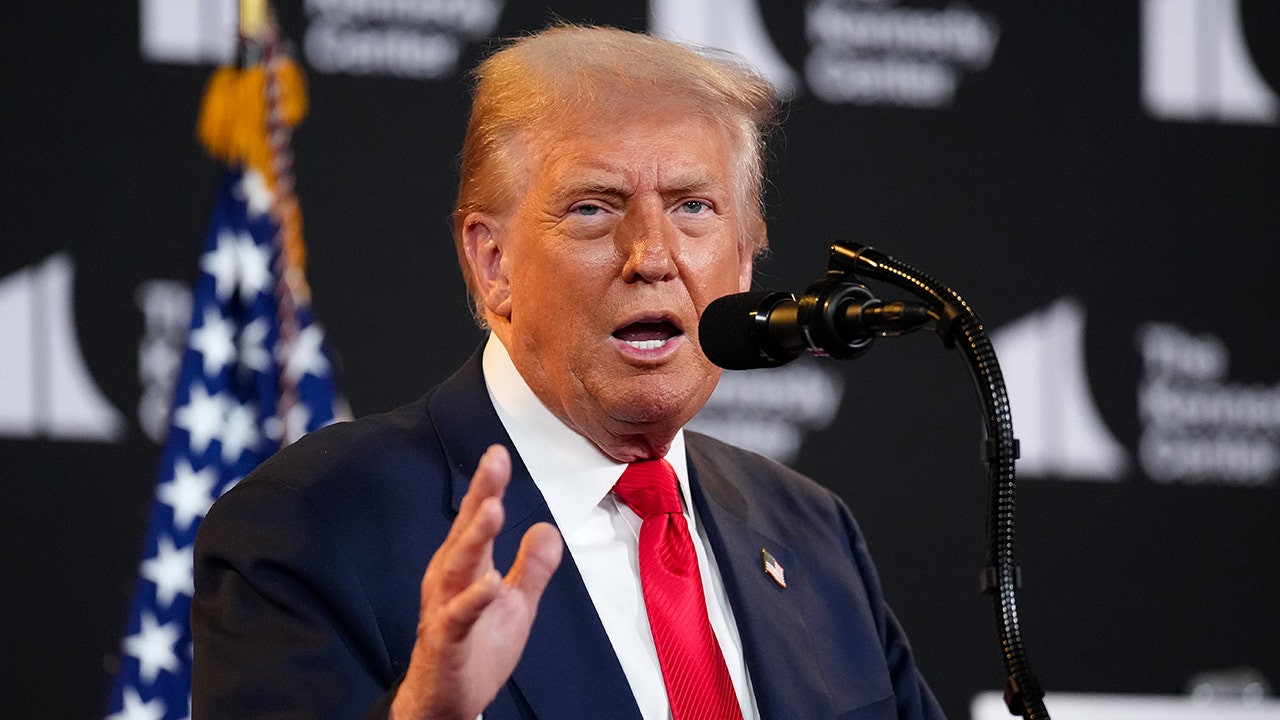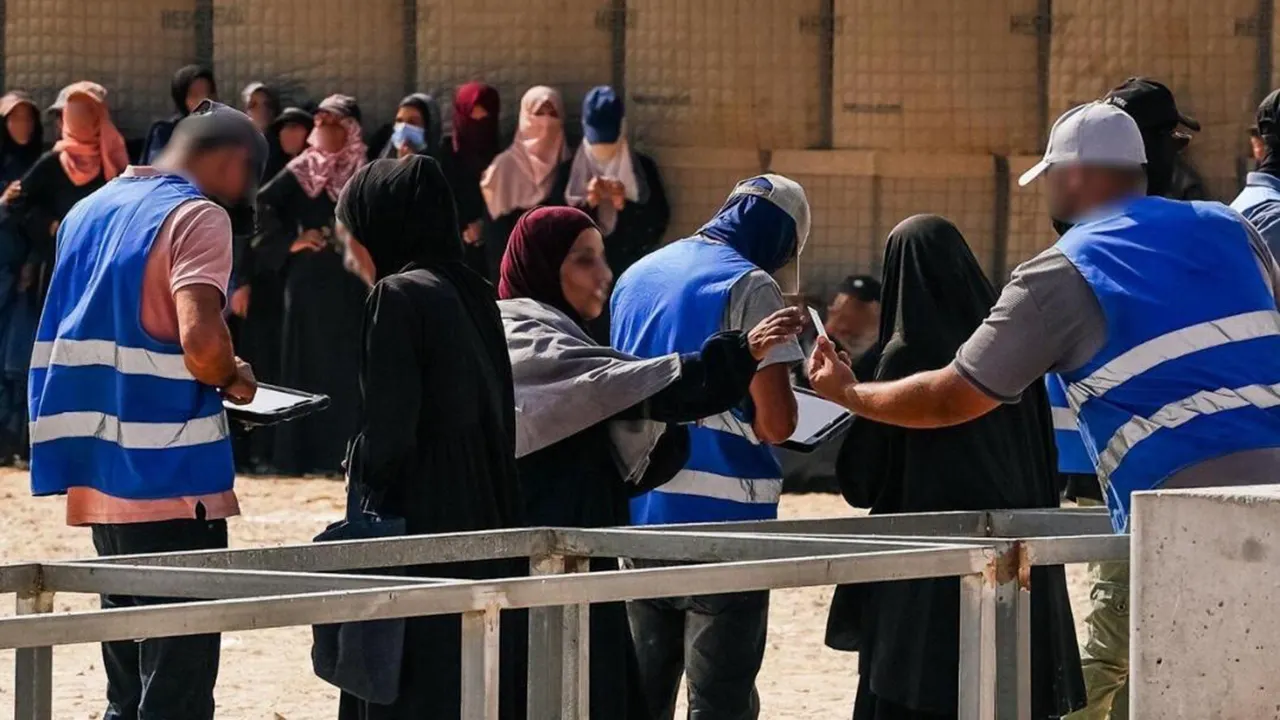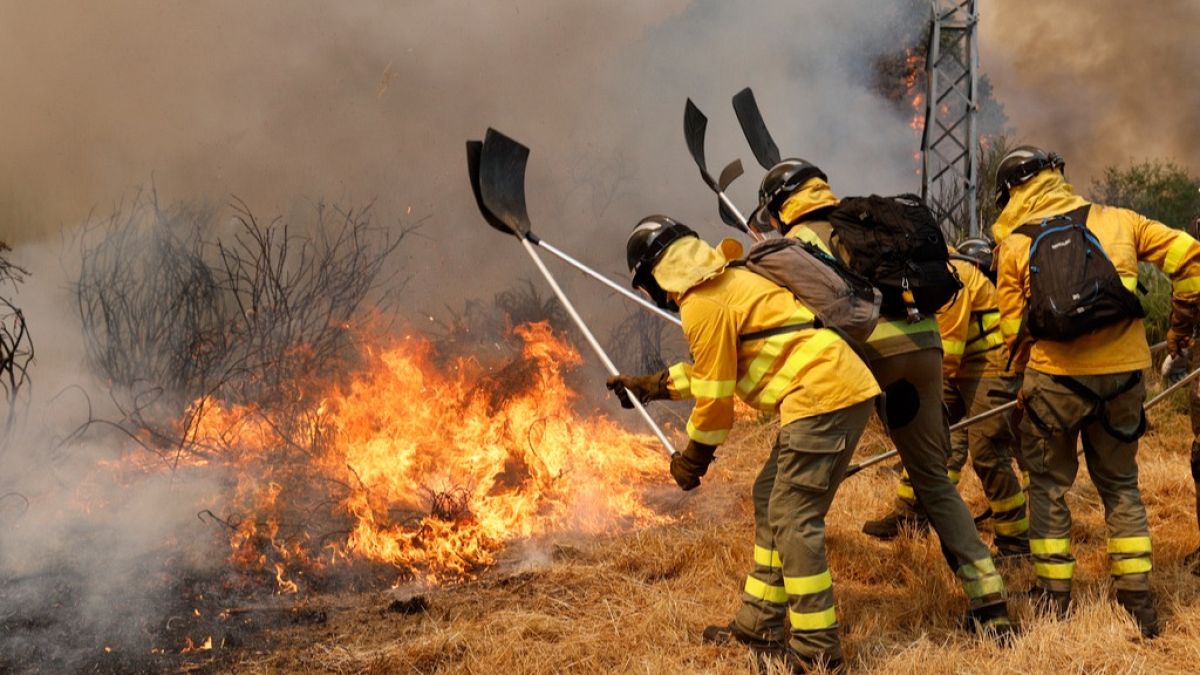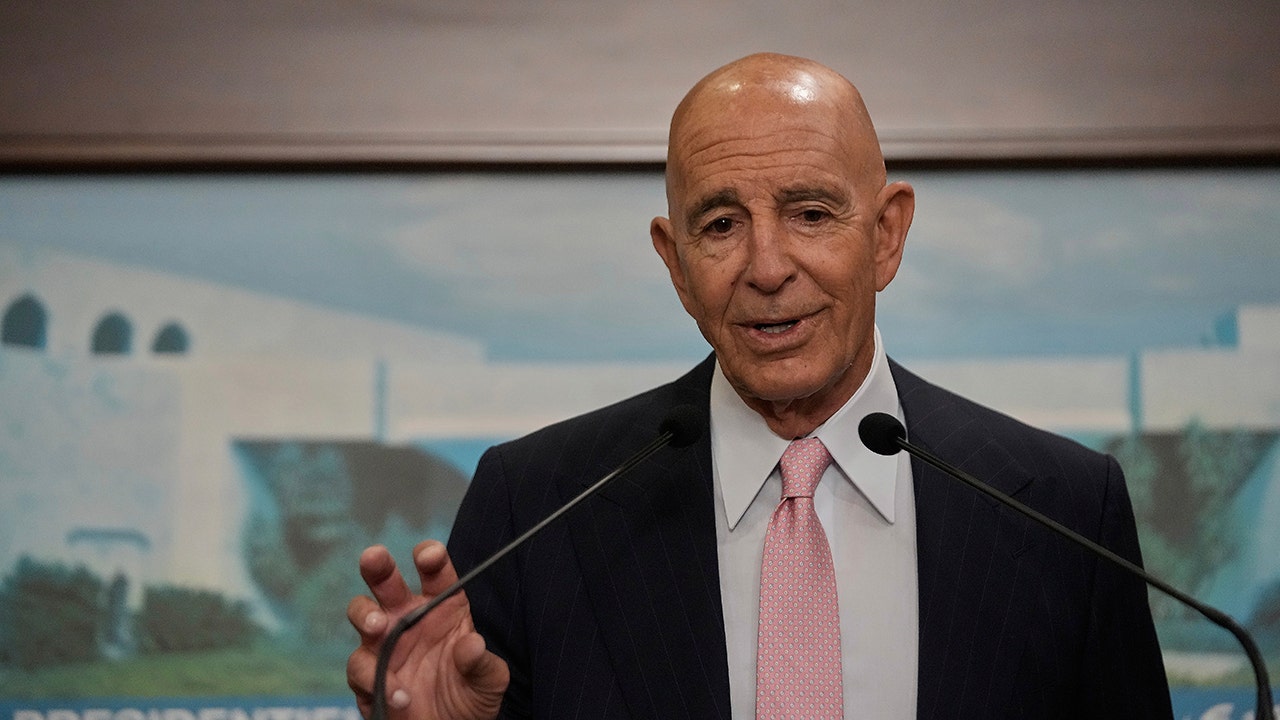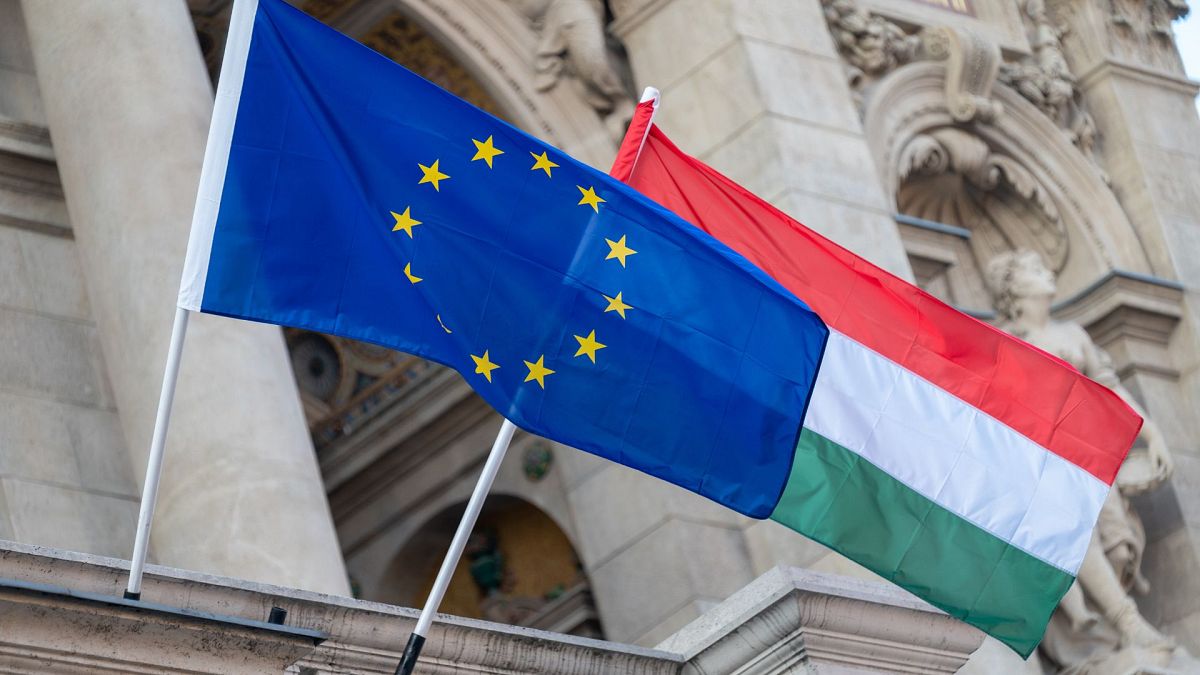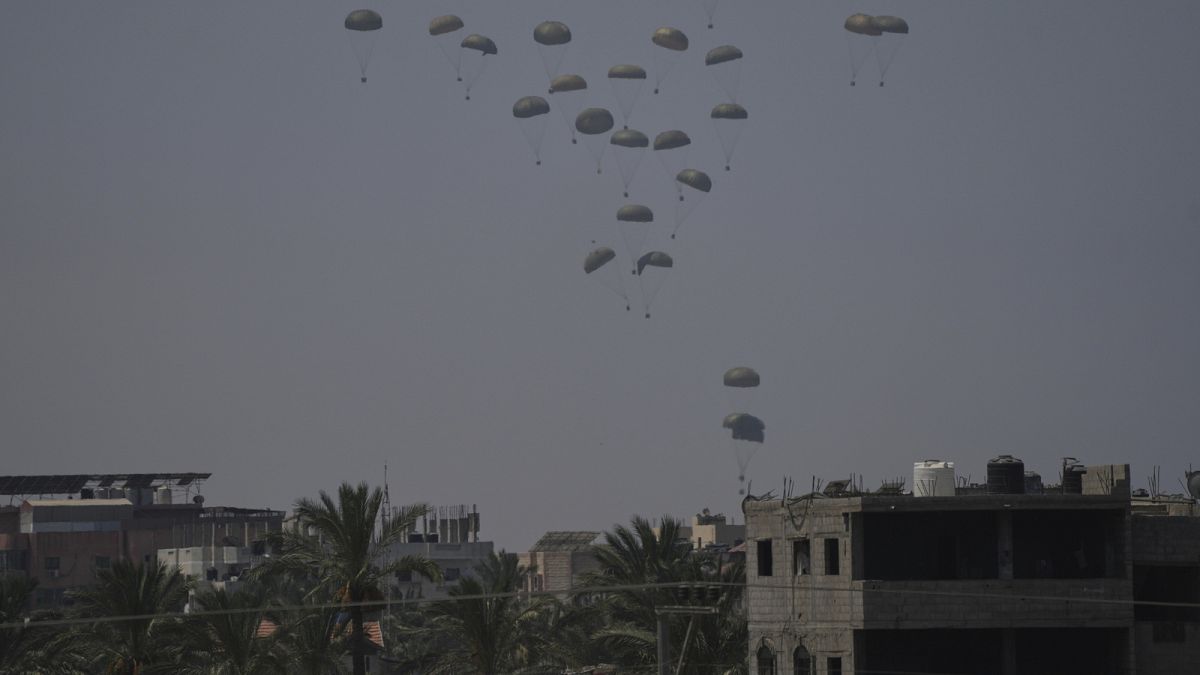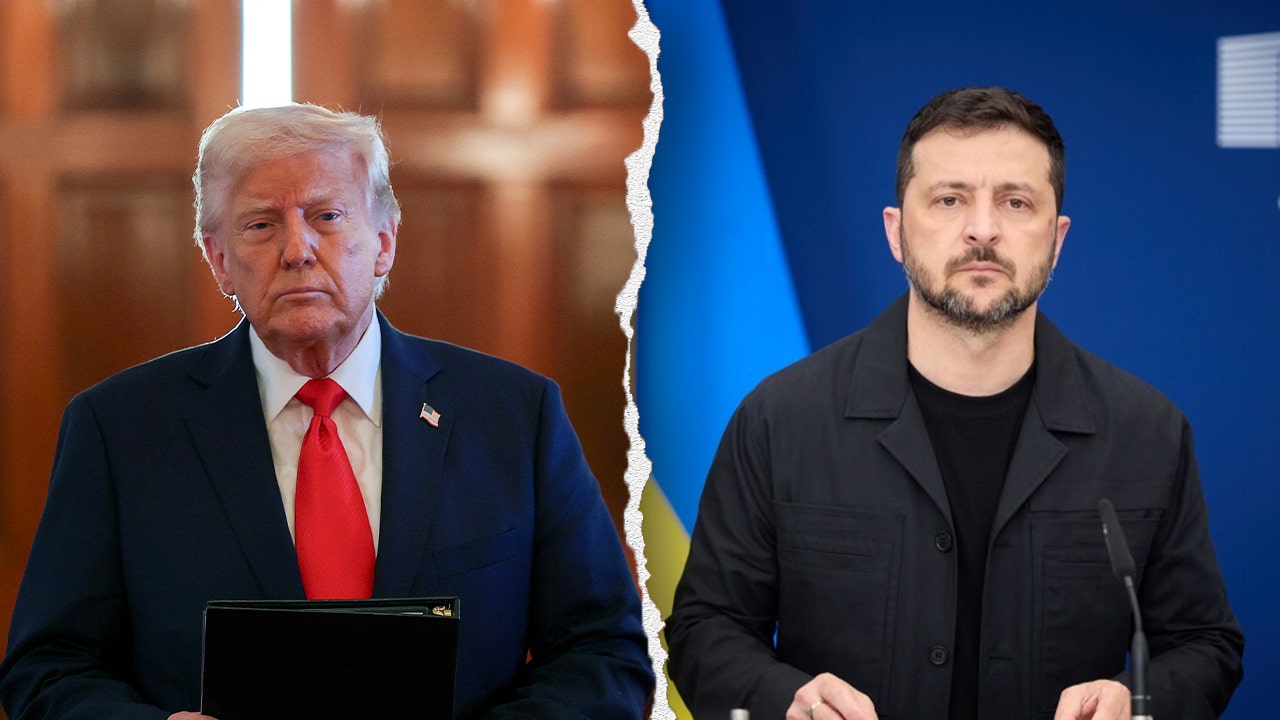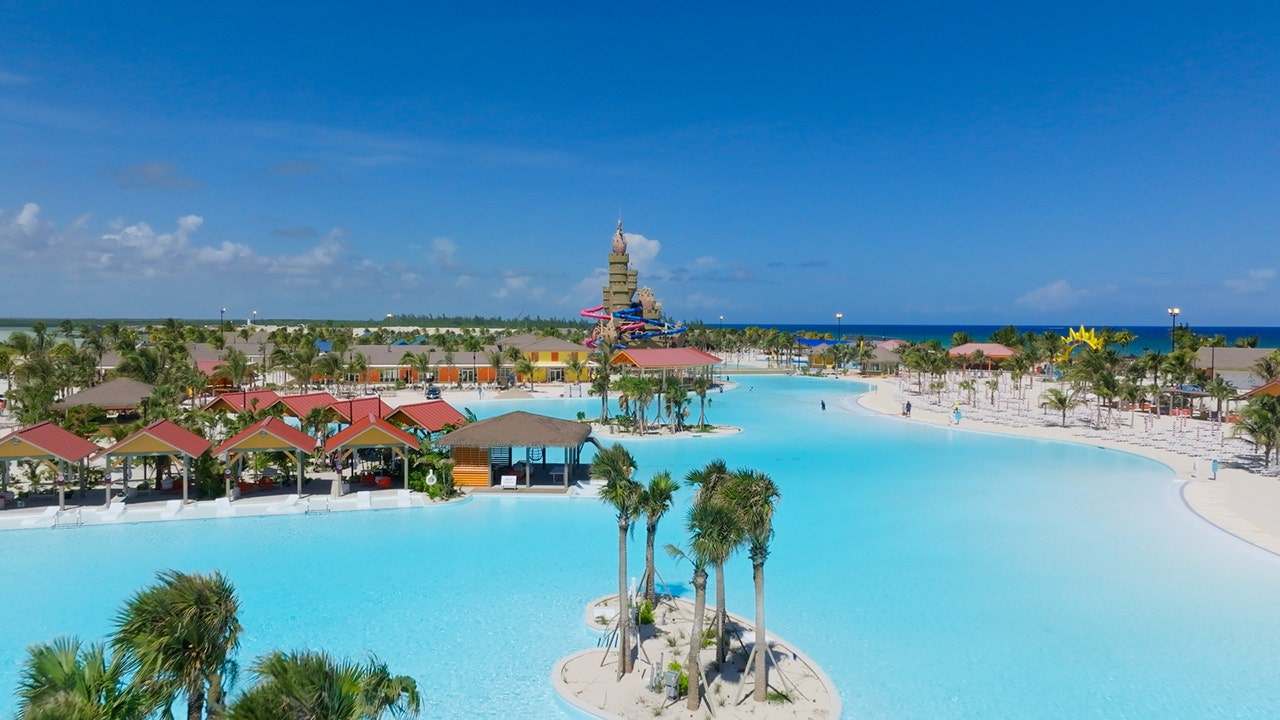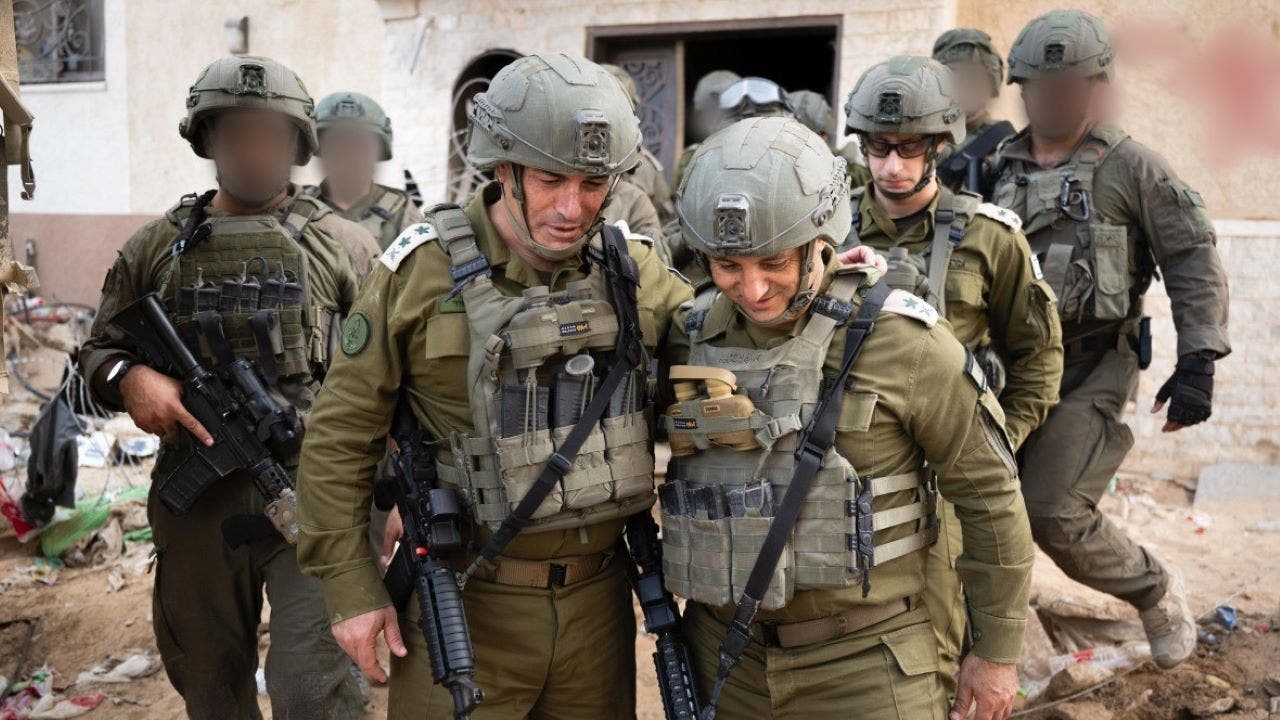Published on
ADVERTISEMENT
Matthieu Dewit is a regular at Pukkelpop, a music festival held near Hasselt in north-east Belgium, where he uses his wheelchair to navigate the wooden walkways between dancers and festival-goers, from a DJ set to a rock stage.
Back in 2017, one of his friends posted a message on social media, sharing a desire to attend the festival in a wheelchair.
That’s how he became acquainted with Inter, a Flemish agency that works to make festivals accessible to people with reduced mobility.
Since then, Dewit has returned to Pukkelpop almost every summer, working alongside Inne Vennekens, an accompanist who works with Inter.
He particularly enjoys watching the concerts from a raised platform accessible via a ramp.
“Personally, I prefer to be on the raised platforms because I feel more reassured (…) Otherwise I can’t see anything and when there are things happening in the crowd, I’d be too scared to fall over,” The 27-year-old festival-goer from Roeselaere told Euronews.
Accessibility
The Pukkelpop festival has parking spaces and a priority entrance reserved for people with reduced mobility.
“In a normal parking space, when I’m in my wheelchair, I’m a bit lower than someone who is walking. So someone in a car might not see me and run me over,” Mech Nieuwkamp, a festival-goer from Tilburg in the Netherlands, pointed out
“I love the festival bubble and the fact that you can go from one stage to another and be surprised by a band you don’t know at all,” she added.
People with disability also have access to their own campsite with showers, water stations and adapted sanitary facilities, as well as fridges where they can store their medication, if necessary.
This year, more than 130 festival-goers stayed at the accessible campsite, which is run by roughly forty Inter volunteers. More than 400 people requested accessibility aids, including wheelchairs.
Nieuwkamp stressed that accessibility enhances the overall experience, making it “more enjoyable.”
“You have more space around your tent to be able to get out. Sometimes, otherwise, people just put their tent right in front of your entrance and then it gets tricky,” the Dutch festival-goer said.
And for people who wear hearing aids, a special magnetic induction loop was created to ensure they can fully enjoy the performances.
The device, available at the Main Stage and the Marquee Stage, “allows them to listen to the music directly into their hearing aid device,” Leen Vanelderen, events assistant at Inter, explained.
Room for improvement
Festival accessibility has significantly improved in Europe in recent years, but some festival-goers believe there is still room for improvement.
29-year-old Belgian festival-goer, Kobe Verbist, believes it depends on the festival.
“If the Inter organisation is at a festival, you will be helped very well, but if they’re not there, it’s not always very good,” Verbist pointed out.
For her part, Nieuwkamp is calling for greater public awareness and vigilance.
“People need to understand what it’s like to be in a wheelchair or to be blind or autistic. I think that’s where it starts. And then from there, yes, local governments or special groups can organise things better,” she said.
Read the full article here


